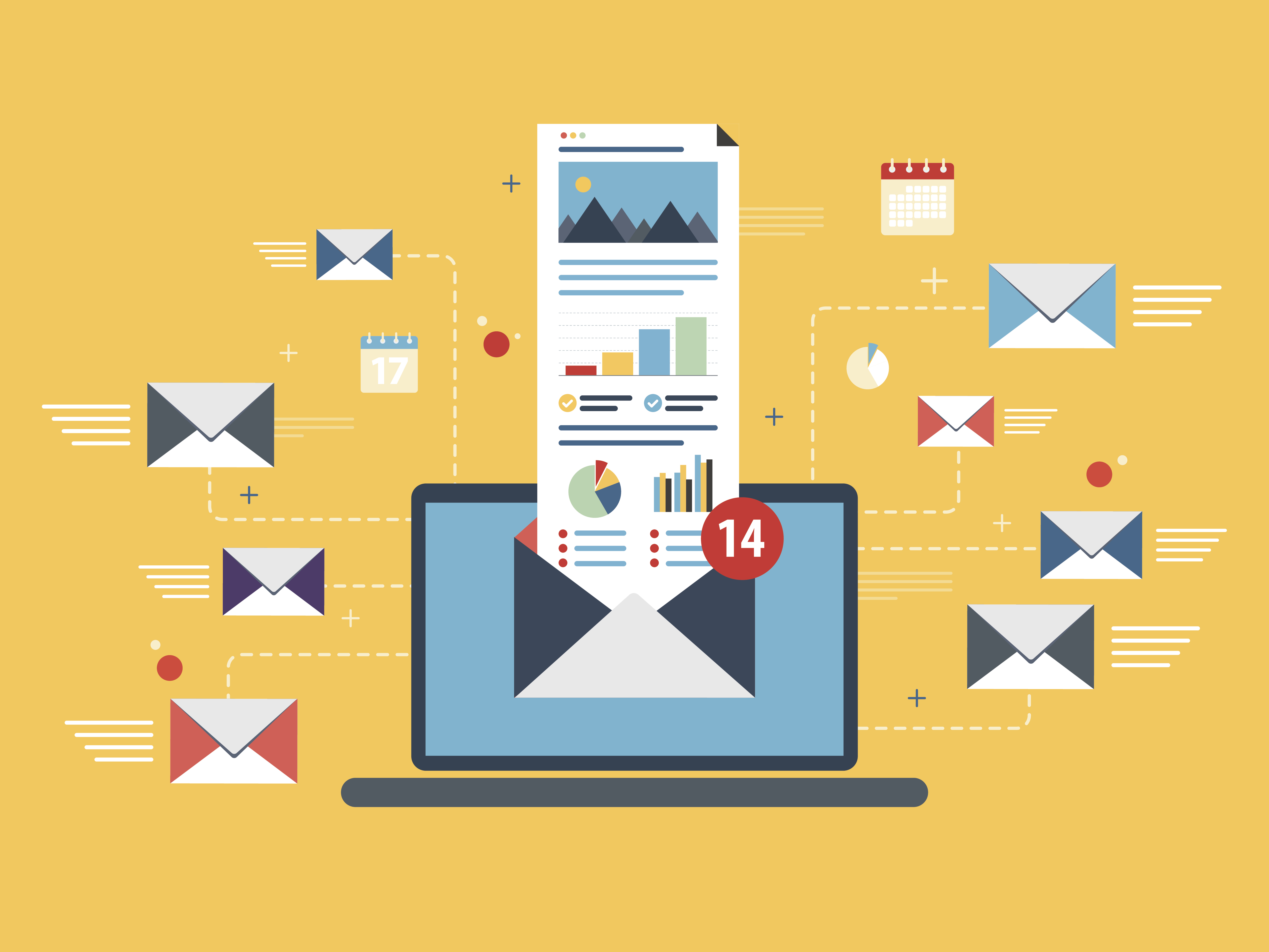Build a Successful, Data-driven Digital Fundraising Program Through Testing!
April 12, 2022 - by Megan Buchheit
Testing is a critical part of building a successful, data-driven digital fundraising program — it can help you boost fundraising revenue and engagement. But before you jump in and begin implementing tests, you need to be strategic about what you are going to test and when you are going to do it. Here are a few tips to make digital testing as easy as “1, 2, 3!”
Create a testing plan. Creating a plan is the first step towards developing a culture of testing at your nonprofit and will allow you to build on past test results for future testing. It will also allow you optimize your digital results in advance of important campaigns (this is especially helpful to prepare for year-end fundraising).
Don’t test more than one thing at a time (in most cases). As you get started with testing, always remember that it’s okay to start small. We encourage you to test your assumptions because the results might surprise you. And remember that some tests are going to lose (and that’s a good thing!).
Test ... and then retest! Don’t be afraid to retest your results. Some techniques can get stale or results can change as technology evolves, so it is always helpful to revisit old tests and try them again. We also suggest having a procedure to keep track of test results. That will help ensure that you are implementing and sharing the results across your team.
Consider capacity at your organization and be realistic about what you can and can’t do.
Look for statistical significance. Focus on the metrics that matter; for fundraising, we usually focus on response/conversion rate and page completion rate.
Always have a goal for each test. If you don't have a goal, you can never determine whether a test won, or not. Decide up front if you want more engagement, more gifts or larger gifts, for example.
Once your testing plan is in place, there are many types of tests that your organization can consider. Most fall into a few basic categories: email tests, landing page tests, mobile tests and digital advertising tests. Here are a few ideas to get you thinking:
For email, consider testing senders, subject lines, call to action button colors, call to action button copy, email send days or times, messaging and other simple copy tests. There are also a wide variety of email format tests you can try, like testing an invoice-style email or a plain text email.
For landing pages, we recommend looking at the fields on the donation form and considering if you truly need all the information you currently ask for. Frequently, removing a few fields can make a large improvement in the page completion rate. Ask string testing is also a simple test that can make a big difference, so you might want test a reverse ask string, the number of ask amounts (for example, 3 asks vs. 5) or a higher or lower ask string.
If your digital program also includes mobile or digital advertising, there are even more tests that you can implement. However, these channels are also a great time to make your testing multi-channel. You might consider continuing a messaging test from email — or testing a new ask string on both the donation form for email and the donation form for digital ads.
The important thing is to continue to be open to new ideas. There are so many tests beyond the ones mentioned here, and the sky is truly the limit!
Megan Buchheit presented on Testing at 22NTC in March 2022. To view the entire presentation click here.
Enews Articles
October 2022
Engaging Networks Community Conference 2022
August 2022
February 2022
Is It Time for A Fundraising Reboot?
January 2022
New Year Brings Hope for the Future
May 2021
November 2020
Are You Ready for Giving Tuesday?
August 2020
Waxing Philosophical About Email Deliverability
August 2020
How to Retain your COVID Emergency Donors
July 2020
How to Ride the Wave and Raise Money During the 2020 Elections
July 2020
Telling Your Donors You Care in the Time of COVID (while still asking for a gift)!
June 2020
The Best $49 You’ll Spend All Year
May 2018
May 2018
4 Things You Should Know About 2017 Giving
March 2018
Navigating the Unknown Impact of New Tax Laws
August 2017
Case Study: Using SMS to Get Donations at Year-End
May 2017
February 2017
What (and Who) We Should Be Asking About State Laws
January 2017
2016 Digital Year-End: An Inbox Audit
September 2016
December 2015
October 2015
The Great Pumpkin and the Myth of the Unsolicited Donation
July 2015
July 2015
June 2015
Lady Gaga and the Importance of Relationships
May 2015
Back to the (Digital) Drawing Board
February 2015
Understanding Donors — The Old Fashioned Way
January 2015
My Four Fundraising Resolutions for 2015
November 2014
The Importance of Being Earnest
October 2014
AMMC Conference Teaches This Old Dog New Tricks
October 2014
Too Hot to Handle … How to Turn Warm Prospects into Donors
September 2014
Keeping Cross-channel Communications Consistent
August 2014
5 Tips for Better Fundraising Copy
June 2014
Keep Boredom out of the Boardroom
May 2014
April 2014
How to Raise Money from Baby Boomers
February 2014
Five Take Aways from the February DMA-NF Conference
January 2014
What Kind of Friend are You? Building Relationships That Last
December 2013
#GivingTuesday – Worth the Fuss?
November 2013
October 2013
1,500,050 Charities Making a Difference — A Statistic Donors Need To See
October 2013
The USPS Proposed Rate Hike — What Does It All Mean?
June 2013
Investing in Acquisition: How to Get Your Board on Board
May 2013
May 2013




